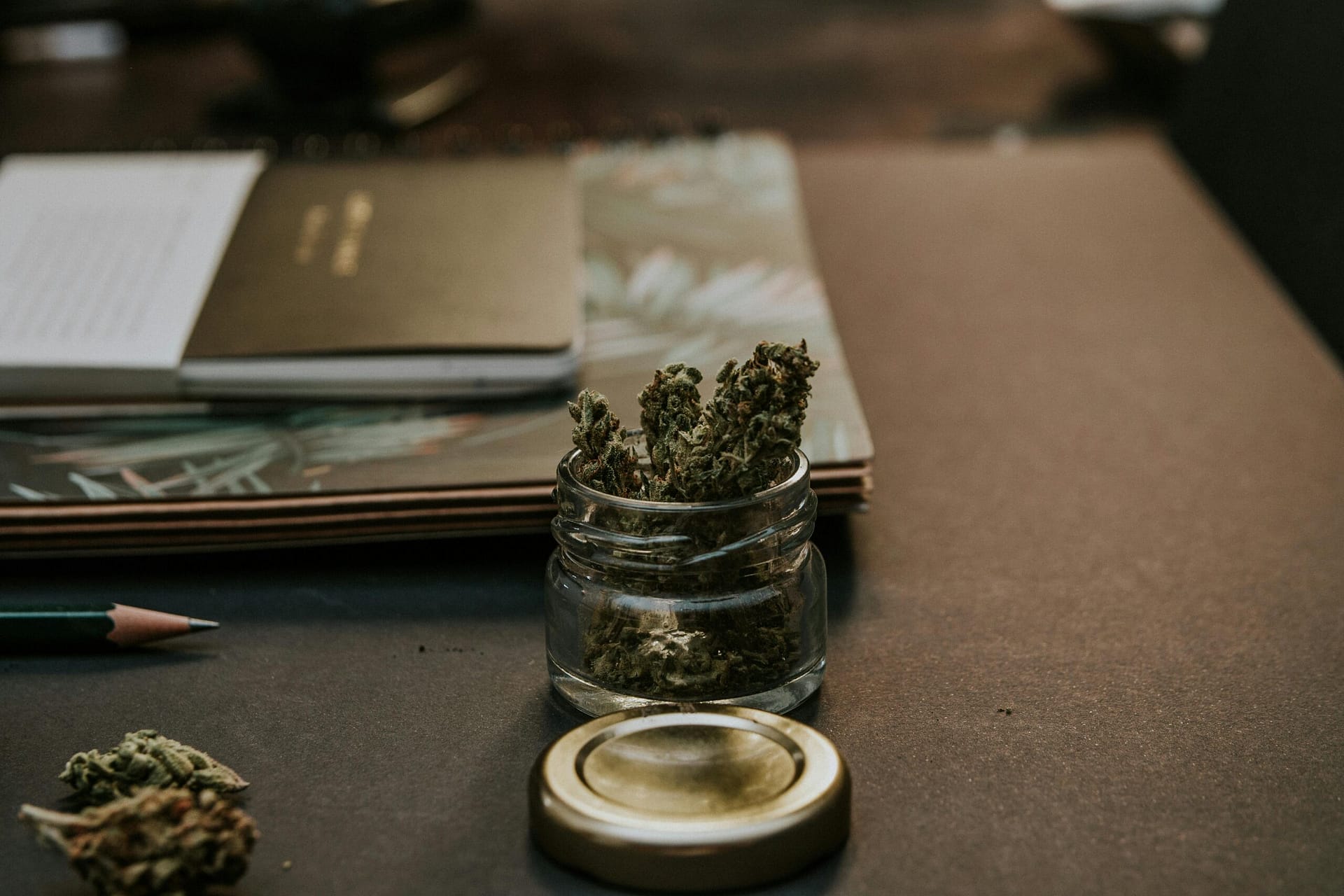What Licenses Are Required For Cannabis Cultivation In New Jersey?
Are you interested in becoming a part of the growing cannabis industry in New Jersey? If so, you will need to obtain the necessary licenses to legally cultivate cannabis in the state. But what licenses are required for cannabis cultivation in New Jersey? Let’s dive into the details.
Types of Licenses for Cannabis Cultivation
In New Jersey, there are different types of licenses available for cannabis cultivation, each with its own set of requirements and regulations. It’s essential to understand the different types of licenses so that you can determine which one is right for you.
1. Cannabis Grower License
The Cannabis Grower License is required for individuals or businesses that want to cultivate cannabis in New Jersey. This license allows you to grow, harvest, and package cannabis for distribution. To obtain a Cannabis Grower License, you must meet specific criteria set by the state, which may include background checks, security regulations, and financial disclosures.
2. Cannabis Processor License
If you plan to process cannabis into products such as edibles, oils, or tinctures, you will need a Cannabis Processor License. This license allows you to extract, refine, and create various cannabis products for retail sale. Just like the Cannabis Grower License, the Cannabis Processor License has its own requirements that you must meet to obtain it.
3. Cannabis Retailer License
The Cannabis Retailer License is required for businesses that want to sell cannabis and cannabis products directly to consumers. This license allows you to operate a retail storefront where customers can purchase cannabis for personal use. If you are interested in opening a cannabis dispensary in New Jersey, you will need to apply for a Cannabis Retailer License.

Application Process for Cannabis Cultivation Licenses
Now that you are familiar with the different types of licenses for cannabis cultivation in New Jersey, let’s discuss the application process. The application process for cannabis cultivation licenses in the state can be complex and time-consuming, but with the right preparation, you can increase your chances of obtaining a license.
1. Determine Eligibility
Before applying for a cannabis cultivation license in New Jersey, you must determine if you meet the eligibility requirements set by the state. This may include criteria such as residency, criminal background checks, financial documentation, and proof of compliance with local regulations.
2. Submit Application
Once you have determined your eligibility, you can begin the application process by submitting an application for the specific type of license you are seeking. Make sure to gather all the necessary documentation and information required for the application to avoid any delays or disqualifications.
3. Pay Fees
Along with your application, you will be required to pay various fees for processing and reviewing your application. The fees may vary depending on the type of license you are applying for and the size of your operation. Be prepared to cover these costs when submitting your application.
4. Compliance Review
After submitting your application and paying the fees, your application will undergo a compliance review to ensure that you meet all the requirements for the license you are seeking. This may include inspections, background checks, and interviews to verify your qualifications and intentions.
5. Approval or Denial
Once your application has been reviewed, you will receive a decision on whether your application has been approved or denied. If approved, you will be issued a cannabis cultivation license that allows you to legally operate in New Jersey. If denied, you may have the opportunity to appeal the decision or reapply in the future.

Regulations and Compliance for Cannabis Cultivation
In addition to obtaining the necessary licenses, cannabis cultivators in New Jersey must also comply with various regulations and guidelines set by the state. These regulations cover aspects such as security, quality control, testing, labeling, and record-keeping to ensure the safety and integrity of the cannabis industry.
Security Requirements
One of the primary concerns for cannabis cultivation in New Jersey is security. Cultivators must implement strict security measures to prevent theft, diversion, and unauthorized access to cannabis plants and products. This may include surveillance systems, security alarms, restricted access areas, and background checks for employees.
Quality Control Standards
To maintain the quality and consistency of cannabis products, cultivators must adhere to strict quality control standards. This includes monitoring the cultivation process, testing for potency and contaminants, and ensuring that products meet state-mandated quality requirements. Failure to comply with quality control standards can result in fines, penalties, or license revocation.
Testing and Labeling Requirements
Before cannabis products can be sold to consumers, they must undergo testing to ensure their safety and potency. Cultivators are responsible for testing their products at state-approved laboratories to verify compliance with quality standards. Additionally, all cannabis products must be labeled with accurate information regarding potency, ingredients, and potential allergens to inform consumers.
Record-Keeping and Reporting
Cannabis cultivators in New Jersey are required to maintain detailed records of their cultivation activities, including planting, harvesting, processing, and sales. These records must be kept for a specified period and may be subject to inspection by state regulators. Cultivators must also report various information to the state, such as inventory levels, sales data, and security incidents.

Conclusion
In conclusion, obtaining a cannabis cultivation license in New Jersey involves navigating a complex regulatory landscape with strict requirements and guidelines. By understanding the different types of licenses, the application process, and the regulations for cannabis cultivation, you can position yourself for success in the state’s emerging cannabis industry. Remember to stay informed, compliant, and dedicated to operating your cannabis cultivation business responsibly and ethically. Good luck on your journey to becoming a licensed cannabis cultivator in New Jersey!

